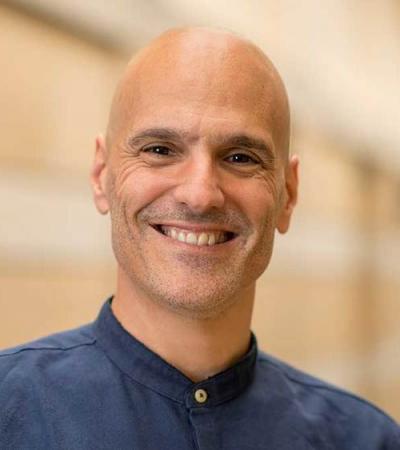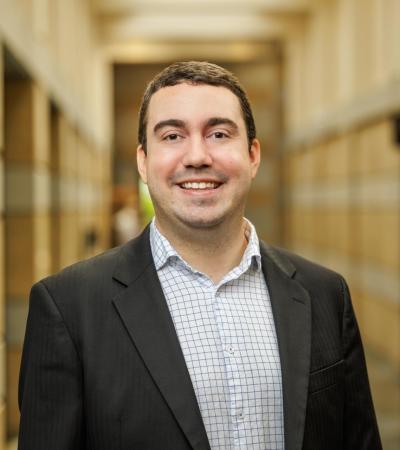Brazilian Democracy in Danger: How Polarization and Institutional Crises Have Eroded Democracy

After re-democratization in 1985, Brazil went through a period in which its democratic institutions became steadily stronger. However, roughly from 2013 on, Brazil has faced increasing polarization, political and economic instability, and the rise of a far-right president – all factors that have contributed to the erosion of Brazilian democracy. To what extent is Brazilian democracy in danger? Can there be the rise of a new authoritarian regime in Latin America’s largest country?
This event will begin with the showing of the second video of the two-episode series Brazil Today, which addresses these topics, followed by further discussion with our distinguished panelists and moderators.
Panelists:
Aníbal Pérez-Liñán is the director of the Kellogg Institute for International Studies and professor of political science and global affairs at the University of Notre Dame. His research focuses on democratization, the rule of law, political stability, and institutional performance among new democracies. He is currently researching the political conditions that preclude judicial independence in developing countries and the consequences of political radicalization for democratic survival.
Scott Mainwaring is the Eugene P. and Helen Conley Professor of Political Science at the University of Notre Dame and a faculty fellow at the Kellogg Institute, where he previously served as director for 13 years. His research interests include political parties and party systems, democratic and authoritarian regimes, democratization, and political institutions in Latin America.
Malu Gatto is assistant professor of Latin American politics at the Institute of the Americas at University College London (UCL) and a visiting fellow with the Kellogg Institute. Her work explores questions about the gendered dynamics of political behavior, representation, and policymaking, with a regional focus on Latin America, especially Brazil. Her current research explores whether and how anti-system sentiments shape the electoral prospects of candidates from marginalized groups, in particular women and Afro-Brazilians.
Vitor Martins Dias, formerly a practicing lawyer, is a Kellogg institute visiting fellow who recently completed his PhD in the Department of Sociology at Indiana University Bloomington. His research explores how climate change exacerbates structural inequalities in society, how the urban poor mobilize against climate injustice, and how states respond to the demands of their citizens facing social-ecological hazards.
Moderators:
Marcio Bahia specializes in Brazilian literary and cultural studies. His current research focuses on the music scene of tecnobrega, a musical genre that splices largely original work with popular music. Bahia studies how technology is adopted in the tecnobrega scene and how it is used in the ongoing process of cultural legitimization of the rhythm. Bahia teaches courses in Portuguese language and Brazilian literature, culture, and society, with classes such as Brazil Beyond Stereotypes, Race and Social Inequality in Brazil, Brazilian Literary Modernism and Brazilian Cinema: Introduction to Film Analysis.
Thais Pires is Assistant Director of the Notre Dame Global Center in São Paulo. She is responsible for promoting Notre Dame visibility in Brazil and expanding the University’s programs and collaborations with universities, corporations, foundations, and government organizations.
To view the videos, click the links below:
- Brazilian Democracy in Danger: How Polarization and Institutional Crises Have Eroded Democracy
- Full interview with Professor Aníbal Pérez-Liñán (University of Notre Dame)
- Full interview with Professor Scott Mainwaring (University of Notre Dame)

Aníbal Pérez-Liñán
Aníbal Pérez-Liñán is the director of the Kellogg Institute for International Studies and professor of political science and global affairs at the University of Notre Dame, where he holds a joint appointment in the Department of Political Science and the Keough School of Global Affairs. He is a former Kellogg Institute distinguished research affiliate, visiting fellow, and dissertation year fellow...
Scott Mainwaring
Scott Mainwaring is the Eugene P. and Helen Conley Professor of Political Science at the University of Notre Dame. He is also a faculty fellow at the Kellogg Institute for International Studies, where he previously served as director for 13 years and an Advisory Board member from 2017-2023. He has been a Kellogg Institute faculty fellow since 1983...
Malu A. C. Gatto
This profile was current as of 2023, when she was part of the on-campus Kellogg community. Kellogg Institute Visiting Fellow Malu A. C. Gatto is associate professor of Latin American politics at the Institute of the Americas at University College London (UCL)...





